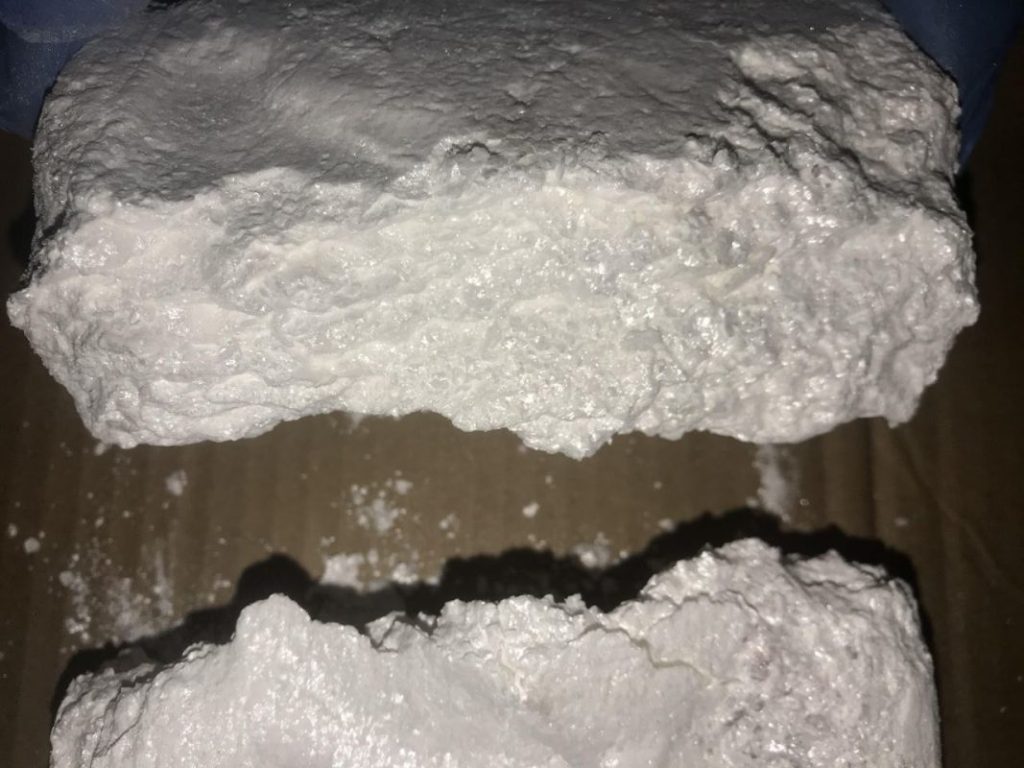UK cocaine consumption rate is on a steady increase, matter of fact the the UK is the second largest consuming county in the world only behind Australia which retains top spot by percentage.
The UK’s high cocaine usage is thought to be fuelled by the country’s drinking culture. Meanwhile, the USA’s geographical proximity to Mexico makes it easier to get cheap cocaine.

The mean purity of cocaine at user level in England and Wales decreased steadily from 51% in 2003 to a low of 20% in 2009. Purity has since increased to 63% in 2018, the highest level on record. This reflects high production rates in source countries and increased availability of cocaine across Europe. As for the types of people that take cocaine, the study found that it is widely used regardless of social class due to its dwindling price and increased availability. Since powder cocaine is converted to crack in the UK, the trend in crack purity is similar to powder cocaine purity (though purities of crack are usually higher). The purity of crack at user level in England and Wales rose from its lowest point of 26% in 2011 to a record 77% in 2018 and has been over 70% since 2016.
Cocaine use in Britain has more than doubled in five years and purity of the drug has reached a record high, an analysis of waste water has shown. The analysis, carried out by forensic scientists at King’s College, London, shows London and Bristol are in the top five cities with the highest use of the Class A drug in Europe. UK Cocaine Consumption
Concentrations in waste water are 900 milligrams per 1,000 of the population per day, which rose from 392 milligrams per 1,000 in 2011 When individuals first begin to use cocaine, it is usually only used at the weekend or celebratory events, much like the use of alcohol.
It is first seen as a ‘treat’, and reserved only for going out, or with friends. For most people, the term ‘addiction’ means developing a reliance, however, if an individual finds that they are unable to cut down or quit using cocaine even on a weekly basis, it is a sign of an addiction. Repeated use of cocaine can cause longterm changes in the brain’s reward circuit, causing it to adapt to the extra dopamine caused by the drug, eventually becoming less sensitive to it. As a result, people take stronger and more frequent doses to relieve withdrawal symptoms and feel the same high they did initially.